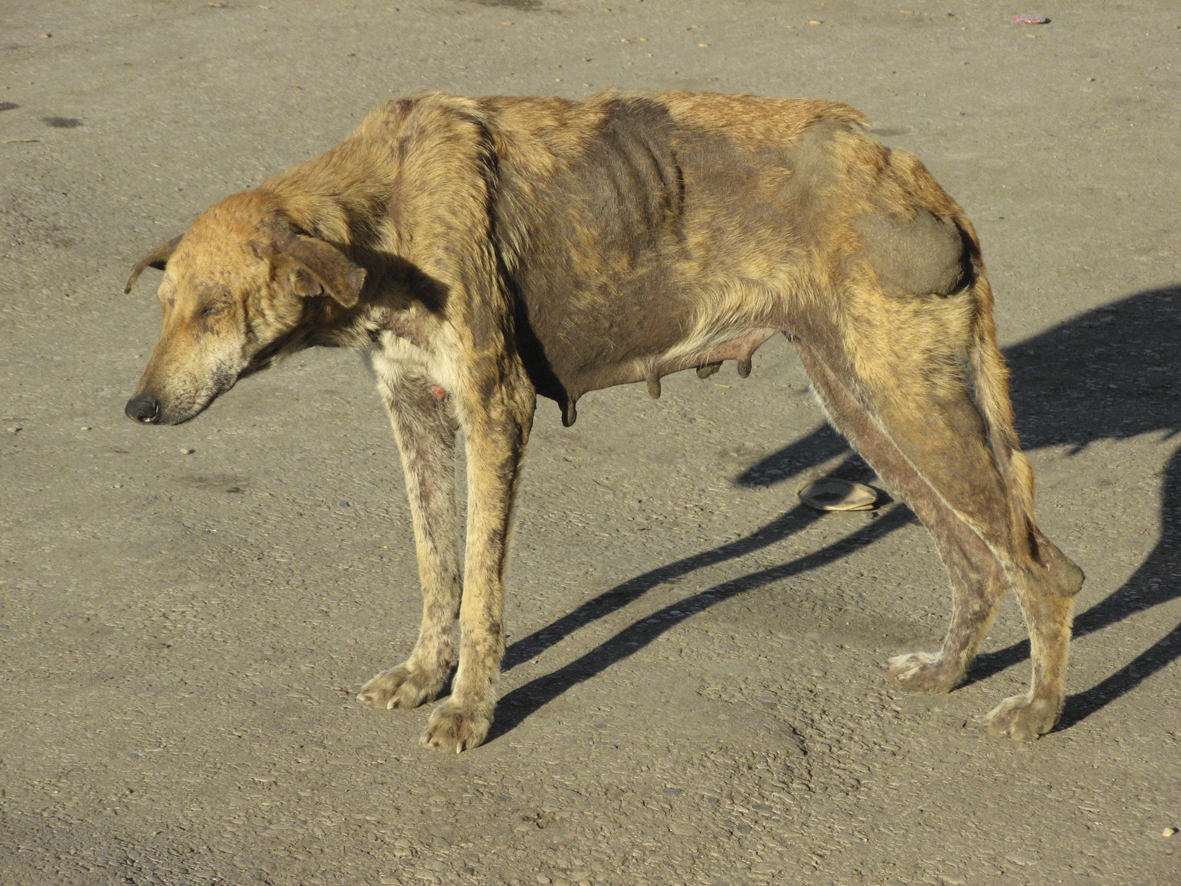The world and man are fighting daily to overcome dreadful occurrences that pose to eradicate the life of man and his environment with their threatening disasters. After war, the worst enemy of man’s existence on planet earth is diseases outbreak. Diseases being dangerous, nations have been on the forefront to halt their existence by discovering vaccines for the combat, but however not much some nations have done to fight the course especially underdeveloped countries.

Therefore, fatal diseases when not given the seriousness it deserves could keep on creeping into the society of man damaging big. Such fatal diseases if they are just slowly eating into the society would not attract the seriousness they deserve and could be even seen as accustomed.
In Sierra Leone, an unnoticed trend of accommodating a fatal disease, and has rather become accustomed to the society is the keeping of unattended and unvaccinated stray dogs and cats that can bite a person at will, causing Rabies infection, which is one of the world’s scariest diseases. What makes it dangerous is that when a victim displays signs and symptoms of infection, they have almost zero percent chance of surviving. The key word is therefore prevention. However, is our society today working with line health ministries to put a check on the disease? In time past, domestic animals especially the dog and cat are treated with governmental veterinary officers but it has seemed the practice is not visible again as before.
The virus that causes rabies is carried by some of man’s best friends: dogs and cats, and like many diseases today, rabies is 100 percent preventable; protecting the animals from getting infected through vaccination. Neglect of these animals exposes human beings to a virus that is loitering around him.
Scientists say Rabies is a serious viral infection that affects the nervous system and can be fatal. The rabies virus is usually spread through the bite of an infected animal, but it can also be spread through contact with an infected animal’s saliva or other body fluids. The virus can survive for long periods of time in the environment, so it is important to be aware of the risk of exposure to rabies, especially in areas where the virus is common.
There is little data about how long rabies virus lives, which is a difficult thing to assess. Research says, Rabies do not survive very long in the saliva of infected animals, so the virus rapidly degrades once it is produced and can live only for up to two hours in saliva or water. But one may ask how long will it take for the rabies vaccine to produce an antigen that will protect against the virus? The answer is that, the vaccine’s effectiveness can last anywhere from six months to two years, depending on the type of vaccine received.
Would Rabies survive in freezing point? Sources of disclosures suggest that, the course of a rabies infection, saliva and body fluids can be exposed to the virus. Within the body, the human body can withstand the rabies virus for several days. If an animal dies after being frozen, it will still carry the rabies virus for an extended period of time.
It is most public for rabies virus-infected people not to show any signs. When the virus enters a nerve cell and spreads to the brain, the patient may become extremely ill and even die. It is critical that everyone is aware of the risks and takes precautions to avoid contracting rabies, which is a serious illness.
The rabies virus can live on a surface for up to two hours. It is most commonly found in saliva, so it can be transmitted through a bite. The virus can also be transmitted through contact with infected animal tissue.
Today, our abattoir houses in the country are not seen with health officers on the purpose in ensuring the quality of meat we eat. When a person is exposed to rabies and is left untreated, rabies can lead to paralysis and death.
Though the Ministry of Health and Sanitation has been working to bring awareness about the fatal infection, citizens should have bold responsibility to help or work alongside government in telling about the seriousness of the disease in communities and causal gatherings.
If you have been exposed to rabies, you should wash your hands and the contacted place of your body and contact your local health department as soon as possible. Everyone has responsibility to prevent rabies because it is surely preventable.
Can Rabies Survival in the Open Air?
There is no definitive answer to this question as it depends on a number of factors, such as the temperature and humidity of the environment. However, it is generally believed that rabies virus can only survive for a short period of time in open air, and is unlikely to be transmitted in this way.
If you are bitten by a rabies-infected animal, you are not likely to die because your body will undergo post-exposure treatment (a series of shots in your arm). If a raccoon or other wild animal appears strange or sick – convulsing, circling, appearing disoriented or partially paralyzed, indicating that it has not been provoked, or exhibiting uncharacteristic tame behaviour – it should be reported to its owner. The rabies virus only survives in saliva after being exposed to open air, and saliva with dried up cells cannot be used to carry the virus. It has been proven that arbitrary raccoons killing are ineffective in the eradication of rabies.
Rabies Virus can survive Outside the Host: The rabies virus is able to survive for long periods of time outside of a host. It can survive for up to a year in the environment, and can remain infectious for long periods of time. The virus is able to survive in a wide range of temperatures, and can even survive in freezing temperatures.
Rabies could be More Resistant than Thought: Because rabies does not replicate in the environment, it has a high resistance to typical environmental destruction. Even if it reaches the sky, it will be destroyed by the sun or heat.













